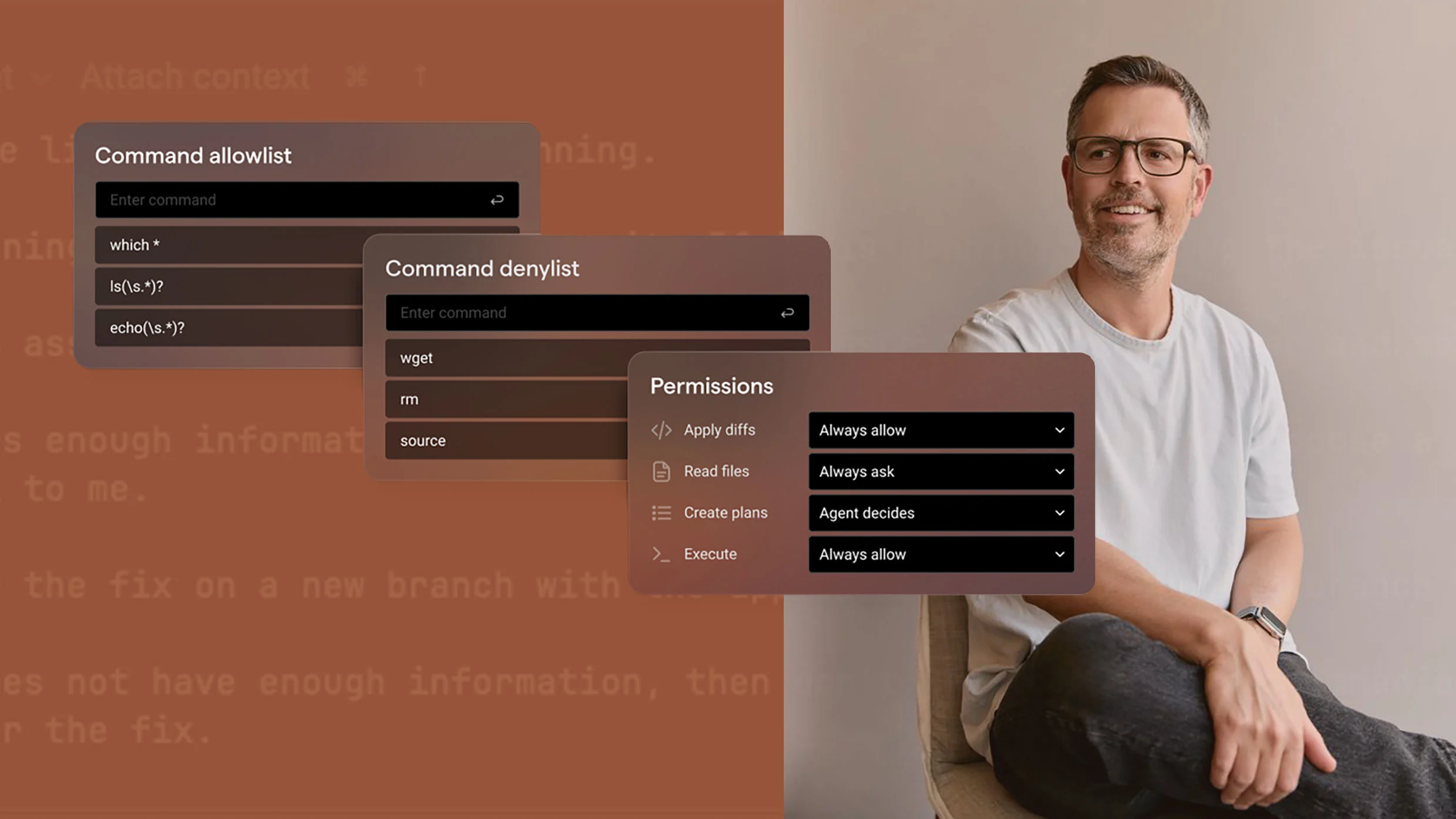Researchers have introduced a groundbreaking AI framework called RAGEN, aimed at addressing LLM agent instability in managing intricate situations. The development of these AI agents comes with its own set of challenges, especially when decisions encompass multiple steps and involve unpredictable environmental feedback. While reinforcement learning (RL) has been effective in static tasks such as solving math problems or generating code, its application in dynamic, multi-turn agent training remains largely unexplored.
To bridge this gap, a collaborative team from Northwestern University, Stanford University, Microsoft, and New York University has put forward StarPO (State-Thinking-Actions-Reward Policy Optimisation). This approach offers a comprehensive method for training agents at the trajectory level, optimizing the entire sequence of interactions rather than focusing solely on individual actions.
RAGEN, a modular system built to implement StarPO, facilitates the training and evaluation of LLM agents, particularly emphasizing their reasoning capabilities under RL. It provides the necessary infrastructure for rollouts, reward assignment, and optimization in multi-turn, stochastic environments.
### Minimalist Environments, Maximum Insight
To isolate core learning challenges from confounding factors like extensive pre-existing knowledge or task-specific engineering, the researchers tested LLMs using RAGEN in three deliberately minimalistic, symbolic gaming environments:
– **Bandit:** A single-turn, stochastic task assessing risk-sensitive symbolic reasoning, where the agent selects between options with different, initially unknown, reward profiles.
– **Sokoban:** A multi-turn, deterministic puzzle requiring foresight and planning, as actions like pushing boxes are irreversible.
– **Frozen Lake:** A multi-turn, stochastic grid navigation task where movement attempts can randomly fail, necessitating planning under uncertainty.
These environments allow for a clear analysis of how agents learn decision-making policies purely through interaction.
### Key Findings: Stability, Rollouts, and Reasoning
The study yielded three significant insights into the training of self-evolving LLM agents:
– **The ‘Echo Trap’ and Stability Needs**: A recurring issue observed during multi-turn RL training was the “Echo Trap,” where agents initially improve but then experience a performance collapse, overfitting to locally rewarded reasoning patterns. This was marked by collapsing reward variance, decreased entropy, and sudden spikes in gradients, indicating training instability. To counter this, the team developed StarPO-S, a stabilized version of the framework.
– **Rollout Quality is Crucial**: The characteristics of ‘rollouts’—simulated interaction trajectories used for training—significantly impact learning. Key factors include task diversity, interaction granularity, and rollout frequency. Maintaining freshness and appropriate action budgets, alongside task diversity, is crucial for stable training.
– **Reasoning Requires Careful Reward Design**: Simply prompting models to “think” doesn’t guarantee meaningful reasoning emerges, especially in multi-turn tasks. The study suggests that standard trajectory-level rewards are insufficient. Future work should explore rewards that explicitly assess the quality of intermediate reasoning steps.
### RAGEN and StarPO: A Step Towards Self-Evolving AI
The RAGEN system and StarPO framework represent a step towards training LLM agents capable of reasoning and adapting through interaction in complex, unpredictable environments. This research highlights the unique stability challenges posed by multi-turn RL and offers concrete strategies to mitigate them. It also underscores the critical role of rollout generation strategies and the need for more sophisticated reward mechanisms to cultivate genuine reasoning.
While acknowledging limitations, including the need to test on larger models and optimize for domains without easily verifiable rewards, the work opens “a scalable and principled path for building AI systems” in areas demanding complex interaction and verifiable outcomes, such as theorem proving, software engineering, and scientific discovery.
Explore more about AI advancements and insights at aitechtrend.com.








